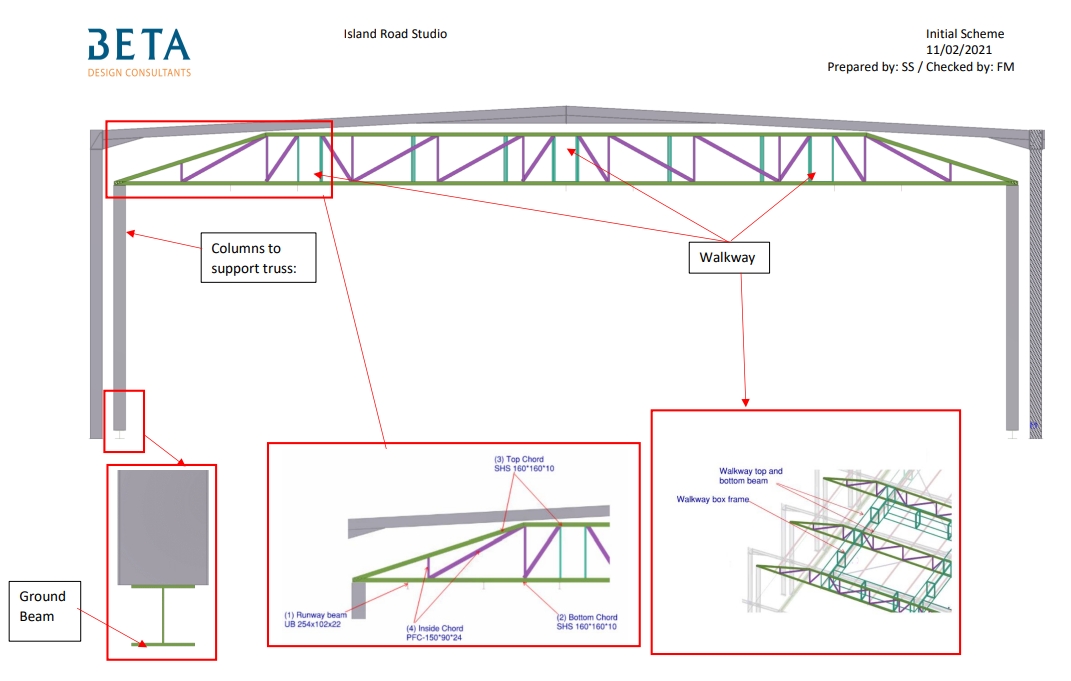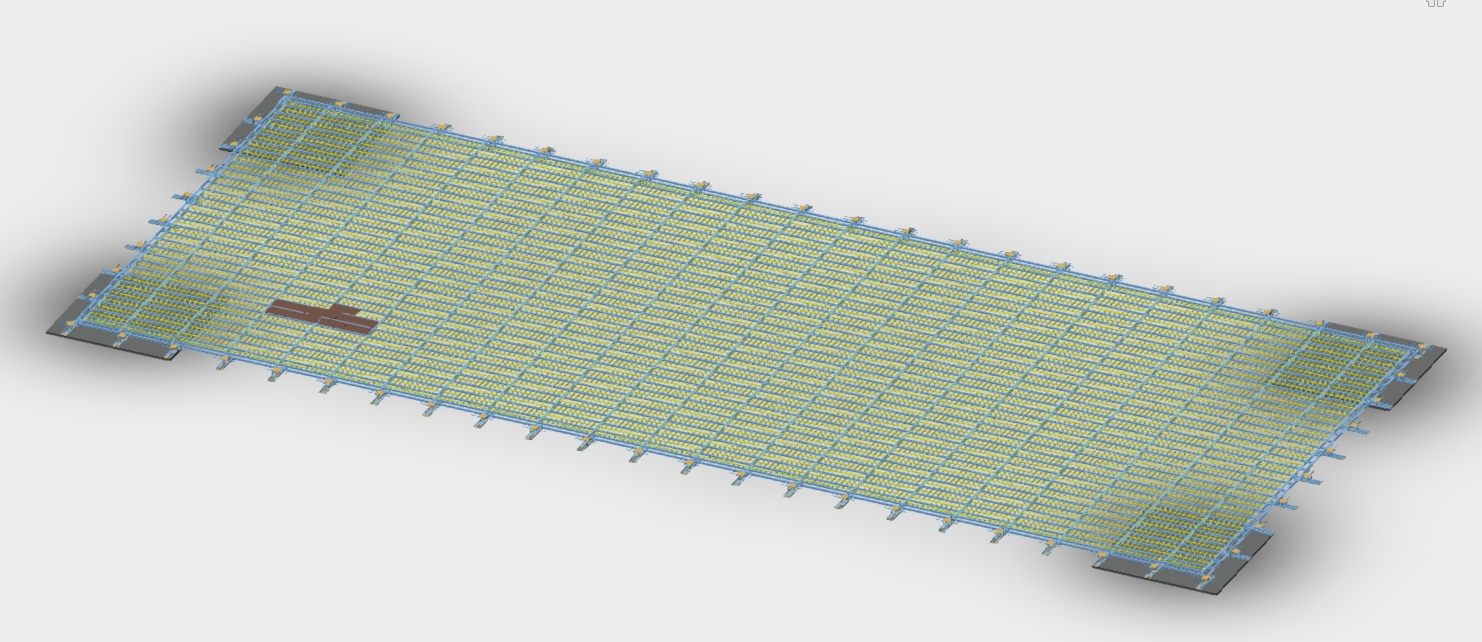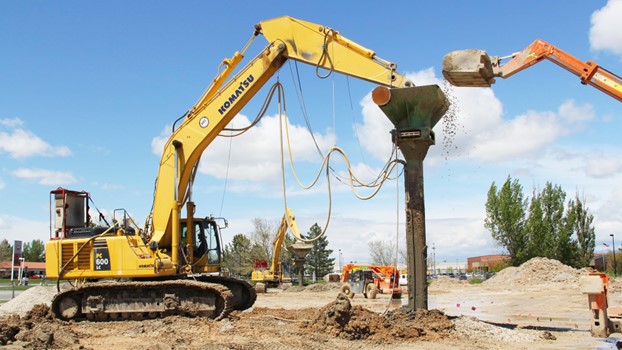Beta Design Consultants get asked by developers and clients to prepare Technical Feasibility which are sometimes combined with Commercial Feasibility studies in the very early stage of a project to assess whether the project is viable.
We have undertaken such studies on relatively large or complex projects where there are some doubts or concerns regarding the level of technical and commercial risk.
Our feasibility studies would establish whether the project is viable technically and identify a range of feasible technical options. For example, for a project to redevelop a town square, we prepared a technical feasibility study that included a traffic assessment and evaluated the options for managing various modes of traffic and identified technically feasible options for developing an underground car park.
Our feasibility studies begin the process of preparing relevant project documentation needed to clarify the business need and would formulate a business case, scoping a project execution plan and strategic brief and so on.
Feasibility Studies Scope
Our feasibility studies scope depends on the purpose of the study (e.g. high level project budget, programme, level of investment needed). Issues usually addressed in our feasibility studies include:
- Assessment of any existing site information that is available.
- Initial site appraisals, including geotechnical studies, assessment of any contamination, availability of services, uses of adjoining land, easements and restrictive covenants, environmental impact, and so on.
- Identification of surveys and studies that may be needed to develop the project further.
- Considering different solutions to accessing potential sites.
- The likelihood and ease of obtaining planning permission and regulatory approval.
- The likelihood that an environmental impact assessment will be required.
- The likelihood that a flood risk assessment will be required.
- The likelihood that a traffic assessment will be required.
- The likelihood that an energy assessment and strategy will be required.
- High level advice on opportunities for regenerative design, net zero carbon design and a strategy for sustainable development.
- Assessment of the potential to re-use existing facilities or doing nothing rather than building new facilities.
- Other legal/statutory approvals that might be required.
- Analysis of accommodation that might be included or excluded.
- Assessment of the possible juxtaposition of accommodation.
- The preparation of basic stacking diagrams.
- Assessing operational and maintenance issues.
- Appraisal of servicing strategies.
- Programme considerations.
- Procurement options (e.g. traditional, design and build, etc.).
- Analysis of the budget relative to client requirements and estimates.
- Analysis of potential income, even if as a range, and high level estimate of return on investment as a range.
Feasibility studies should not be considered as a part of the design process althught some consideration of various concepts can be started at this stage. Feasibility studies are assessments of viability, potential opportunities and identification of constraints and risks.
Various stakeholders, statutory authorities and other third parties may need to be consulted in the preparation and assessment of feasibility studies. The assessments carried out should be presented in a structured way so the client can decide whether or not to proceed to the next stage. Wherever possible, any information prepared or obtained should be in a format which can be readily shared and used, and should be stored and named in a way consistent with the long-term project and operational needs.
Beta Design Consultants prepare feasibility studies as a means to an end. This most useful tool should empower and inform decision makers. After completing our feasibility studies, the client should be able to decide whether to proceed to the next stage and if so, which options should be developed in more detail and the risks associated with each option. Ideally there will be no more than three to four options at this stage. If more options exist it may be necessary to carry out further high-level studies before proceeding to more detailed options appraisals.
Options appraisals assess and compare a number of potential options before developing a concept design for the preferred option. Options appraisals might include diagrammatic options studies that enable the client to understand the broad pros and cons of the available options so that a preferred option can be selected.
Relevant Case Studies
- Technical Feasibility for the Conversion of Logistics Warehouse to Film Production Stage.

- Technical Feasibility for Modular Film Production Stages.

- Technical Feasibility for Track-Bed Stabilisation for Network Rail – Finnieston Tunnel
- Technical and Commercial Feasibility for Ground Improvement using Vibro Stone Columns (Vibro-Replacement) – Cayman Islands.

Stone Columns Wet Top Feed by Beta Design Consultants
- Technical Feasibility for Life Extension of Car Parks – UK British Ports Association.
- Technical Feasibility for the Conversion of Logistics Warehouse to a Baseball Court.
- Technical Feasibility for the use of Carbon Fibre Strengthening of Piers during Bridge Maintenance and Bearings Replacement.